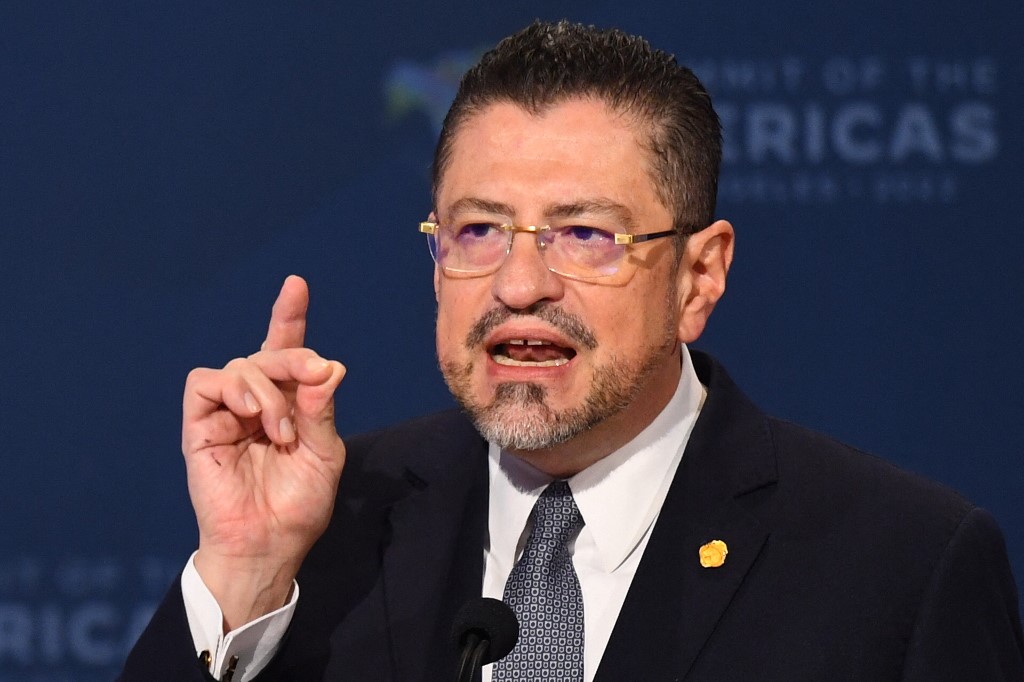Costa Rica’s Attorney General, Carlo Díaz, filed a formal accusation on Monday morning before the Supreme Court of Justice, charging President Rodrigo Chaves with concusión—a crime akin to abuse of public office for personal gain—and requesting the suspension of his presidential immunity. The move marks a significant escalation in a high-profile investigation into alleged corruption tied to a government contract.
The case revolves around a $405,000 contract for communication and social media monitoring services for the Presidential House, funded by a donation from the Central American Bank for Economic Integration (CABEI). The contract was awarded to RMC La Productora S.A., a company owned by audiovisual producer Christian Bulgarelli, in 2022.
According to the Attorney General’s Office, the contract was “apparently tailor-made” to favor RMC La Productora S.A., intended to provide communication, marketing, strategic consulting, message production, and opinion trend analysis services for the Presidency from 2022 to 2026. Prosecutors allege that government officials, including Chaves and Culture Minister Jorge Rodríguez—who previously served as the president’s chief of staff—held multiple meetings at the Presidential House with Bulgarelli before the contract was awarded. During these meetings, Bulgarelli was allegedly instructed to draft the contract’s terms of reference himself, ensuring his company’s selection.
The indictment further claims that Chaves and Rodríguez induced Bulgarelli to divert $32,000 from the CABEI-funded contract to Federico “Choreco” Cruz, a former campaign advisor and close friend of the president. Cruz, who is under a separate criminal investigation, reportedly used the funds to purchase a house. If convicted, Chaves and Rodríguez face potential prison sentences of two to eight years under Costa Rican law, which defines concusión as a public official abusing their authority to unlawfully demand or accept benefits.
Bulgarelli has emerged as a pivotal figure in the case, agreeing to cooperate with prosecutors under a legal mechanism known as “criterio de oportunidad.” This arrangement suspends criminal action against him in exchange for testimony to clarify the alleged scheme and implicate the accused. The Attorney General’s Office warned, however, that if Bulgarelli’s cooperation falls short, prosecution in his separate case (25-000043-0033-PE) will resume.
The Supreme Court will now review Díaz’s accusation and decide whether to refer the matter to the Legislative Assembly, which holds the power to lift Chaves’s immunity. No timeline for this decision has been specified, but the outcome could pave the way for an unprecedented trial of a sitting Costa Rican president.
Neither Chaves nor Rodríguez has issued an official response to the charges as of Monday afternoon. The allegations have intensified scrutiny of Chaves’s administration, already marked by controversies over campaign financing and clashes with judicial authorities.






